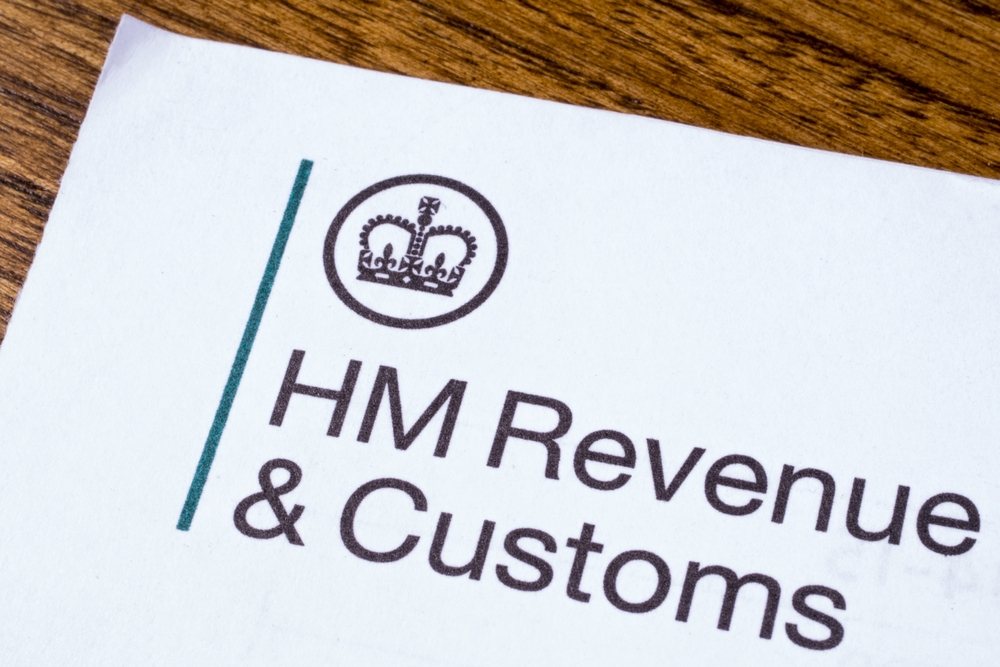In January 2024, HMRC announced it was beginning a new crackdown on individuals selling goods on digital platforms such as Airbnb, eBay and Vinted. This was a change in the tax collector’s information gathering powers, rather than in the law, but the news attracted widespread concern including among high-net worth individuals who use these platforms.
Tax Litigation and Resolution specialists Matthew Greene and Guy Bud answered questions on the new monitoring regime to Tatler Address Book, outlined in full here.
What is HMRC’s side hustle tax change?
There has been a lot of discussion of the new “side hustle tax”. It’s an unfortunate term because it isn’t actually a new tax but rather a new set of powers which allow HMRC to collect information from online platforms to enforce existing tax laws. Put simply, HMRC wants information from these platforms so they can check whether the users are paying the right amount of tax. Apps or website on which people provide goods or services directly to the public such as eBay, Etsy or Vinted will be affected. They will have to provide details on number of transactions and amount of revenue passing to taxpayers.
The new information powers are part of a global initiative led by the OECD and the new rules are effective from 1 January 2024. HMRC already had far-reaching powers to collect this kind of information through its bulk data gathering powers but the new rules make this process automatic for the affected platforms and easier from HMRC’s perspective.
Of course, if you are paying the right amount of tax, there’s nothing to worry about. The trouble is that this isn’t always obvious. Sales on a website or app will typically only be taxable if they amount to profits from a trade but it isn’t always easy to determine who is “trading”.
A person who systematically buys goods for the purpose of re-selling them online at a profit is almost definitely trading. Someone else who sells the odd second-hand item now and again is probably not. The problem comes from the fact that there is often a broad spectrum of activities between these extremes which can be harder to judge in practice and is very fact-specific.
An individual who is trading will need to pay income tax if the profits of their trade exceed the trading allowance (currently £1,000). A seller who is not trading might sometimes have to pay capital gains tax if they are selling high-end goods for more than their purchase price.
How do you think this might specifically impact UHNWs who sell luxury goods?
It is possible that UHNWs will be affected more than others. If they are selling their own branded luxury goods, they are very likely to be within the scope of income tax because their activities will look like a trade to HMRC. Assuming that the sales exceed the various tax-free allowances, they ought to be declaring this on their self-assessment tax returns anyway – and are likely to get penalised if they do not.
Someone who makes more than £85,000 in sales in a year will need to register for VAT if they are doing so in the course of their business. And don’t forget that, even if they aren’t trading, there could be capital gains tax on sales of some high value items such as jewellery or artworks. UHNWs already tend to have family offices and professional advisers on-hand to deal with their tax affairs – it’s important that they are kept updated on any significant transactions.
What should ‘side hustlers’ do to prevent a fine?
The simple answer is that they should be correctly declaring and paying their tax. The way the UK tax system works is that the onus is on the taxpayer to work out and declare how much tax should be paid. If they have got anything wrong in previous years, they may need to get in touch with HMRC to make a disclosure which usually means that any penalties will be far lower than if HMRC discovers their non-compliance through another channel. They will need to pay the unpaid tax and also interest which can be substantial, especially given that interest rates are currently high.
People should always be sceptical of anyone offering an easy way out any taxes that are due. There are legitimate ways to reduce the tax bill, by claiming any available reliefs such as for losses in previous years, and of course by keeping evidence of any relevant expenses. It’s also worth noting that the tax payable might in some circumstances depend on someone’s tax residence status at the time. This is a complex area so anyone concerned should always take proper professional advice.
You can find further information regarding our expertise, experience and team on our Tax Litigation and Resolution page.
If you require assistance from our team, please contact us.
Subscribe – In order to receive our news straight to your inbox, subscribe here. Our newsletters are sent no more than once a month.







